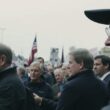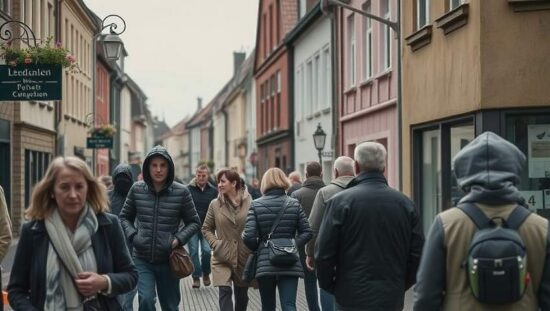The latest ZDF Politbarometer reveals a deeply fractured German political landscape, with the Christian Democratic Union (CDU) and the far-right Alternative for Germany (AfD) locked in a dead heat at 27 percent each, marking a slight increase for both parties. This unprecedented parity underscores the continued erosion of traditional political allegiances and highlights the AfD’s sustained appeal to disillusioned voters.
The Social Democratic Party (SPD), Chancellor Olaf Scholz’s party, remains firmly in third place at 14 percent, while the Greens struggle at 12 percent. The Left party registers a marginal decline to 9 percent, signaling ongoing challenges in broadening their appeal beyond established voter bases. Critically, a combined total of just 11 percent is allocated to all remaining parties, including the recently formed BSW and the Free Democratic Party (FDP). The inability of any single party within this grouping to surpass the 3 percent threshold demonstrates a significant fragmentation of the electorate, potentially complicating coalition-building scenarios in future elections.
The survey also sheds light on public sentiment regarding the contentious pension reform debate currently roiling the CDU. While 46 percent of respondents believe a consensus within the CDU is imminent, a majority – 51 percent – express deep skepticism. This divide is particularly pronounced within the parties themselves: while 67 percent of CDU supporters remain optimistic, a slight majority (51 percent) of SPD members harbor doubts about a swift resolution. This highlights the risk of prolonged internal strife within the ruling coalition and potential damage to public trust.
Conducted by the Mannheim Research Group for Elections, the Politbarometer polled 1,207 eligible voters via telephone and online between November 18th and 20th. The consistently tight race between the CDU and AfD, coupled with the fragility of public confidence in the government’s ability to navigate critical policy challenges, paints a picture of a German political system grappling with profound instability and unprecedented shifts in voter sentiment. The implications for the future direction of German politics are considerable.





